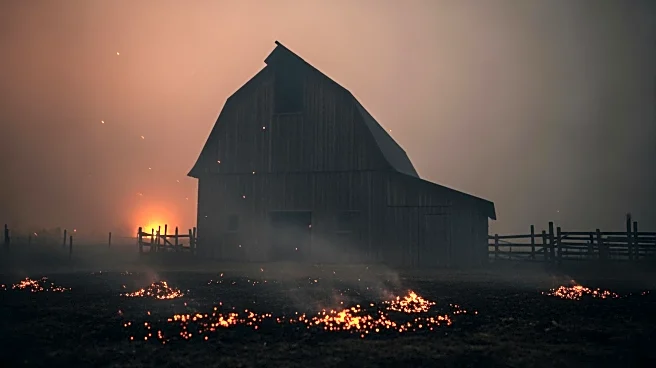Franklin D. Roosevelt's educational background played a significant role in shaping his worldview and leadership style. Born into a privileged family, Roosevelt had access to quality education from an early age. His educational journey began with homeschooling and continued through prestigious institutions, providing him with a broad perspective and the skills necessary for his future political career. Roosevelt's experiences at Groton School, Harvard College, and Columbia Law School contributed to his development as a leader who would later guide the nation through some of its most challenging times.
Curriculum Relevance
Roosevelt's education was marked by a focus on liberal arts and economics, which were relevant to his future role as a political leader. At Groton School, he was exposed to a rigorous curriculum that emphasized character development and leadership. His time at Harvard College furthered his understanding of economics and public service, although he famously remarked that much of what he learned in economics was wrong. These educational experiences provided Roosevelt with a foundation in critical thinking and public engagement.
Programs and Institutions
Franklin D. Roosevelt attended several prestigious institutions that shaped his educational journey. Groton School, an Episcopal boarding school, was known for its emphasis on character and leadership. At Harvard College, Roosevelt was involved in extracurricular activities such as the Alpha Delta Phi fraternity and the Fly Club, and he served as editor-in-chief of The Harvard Crimson. Although he did not complete his law degree at Columbia Law School, his time there contributed to his understanding of legal and political systems.
Learning Outcomes
Roosevelt's education equipped him with the skills necessary for effective leadership and public service. His experiences at Groton and Harvard instilled in him the values of perseverance, ambition, and the ability to manage others. These qualities were evident in his political career, as he navigated complex challenges such as the Great Depression and World War II. Roosevelt's education also fostered his ability to communicate effectively, a skill he utilized through his famous fireside chats.
Source-Grounded Resources
The educational institutions Roosevelt attended provided him with resources that were instrumental in his development as a leader. Groton School's emphasis on character and leadership prepared him for public service, while Harvard College offered opportunities for intellectual growth and engagement. Although Roosevelt did not complete his law degree at Columbia, his time there contributed to his understanding of legal frameworks. These educational experiences, grounded in the resources provided by these institutions, played a crucial role in shaping Roosevelt's approach to leadership and governance.

 Discover Daily
Discover Daily 






